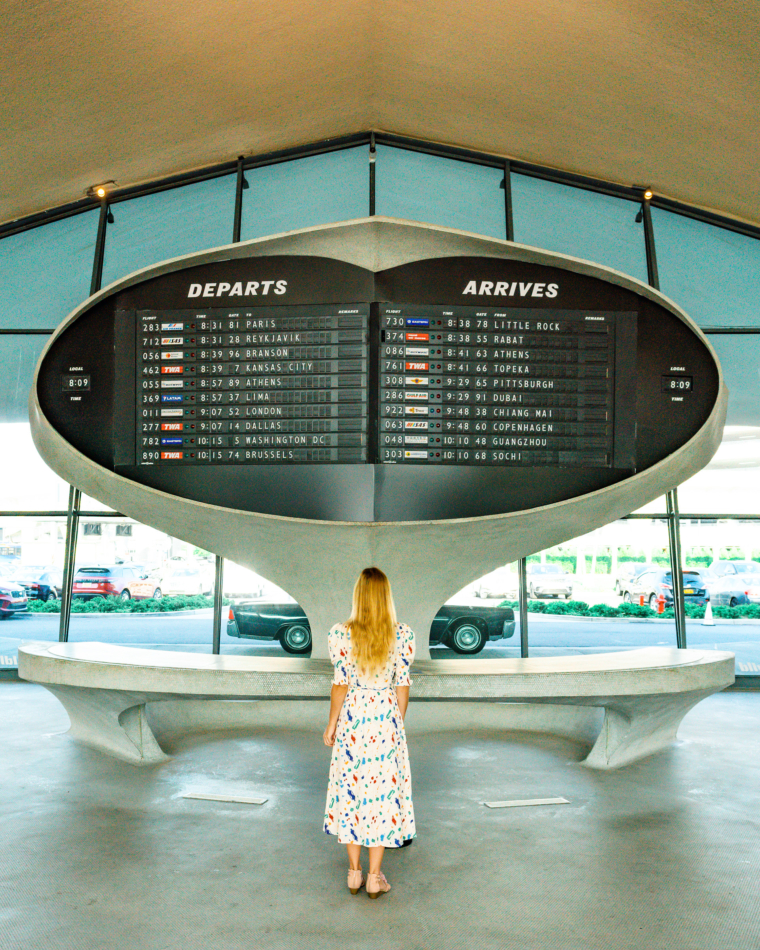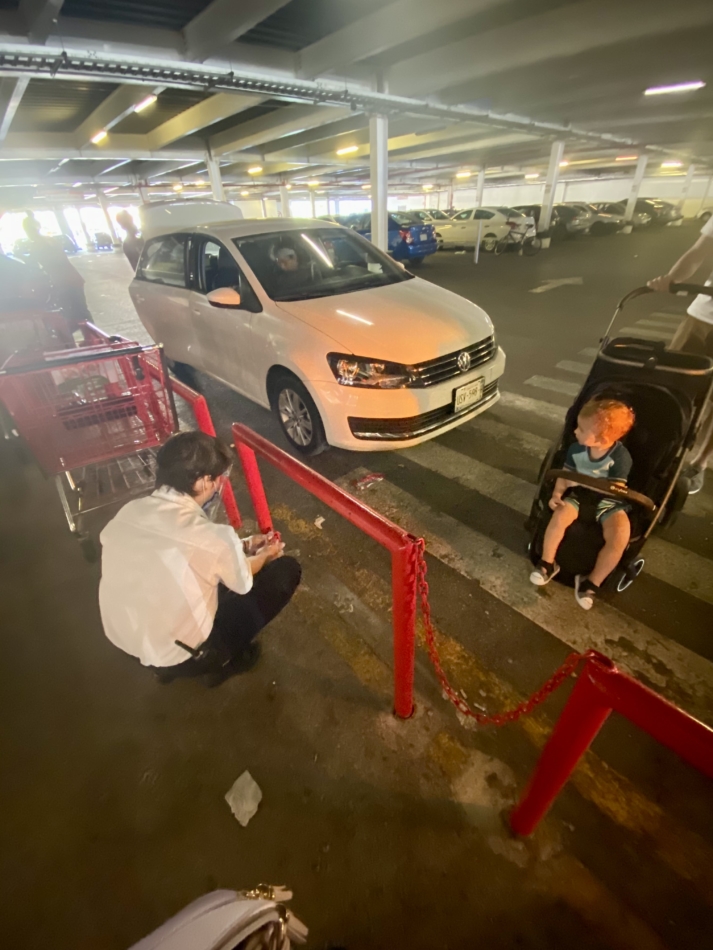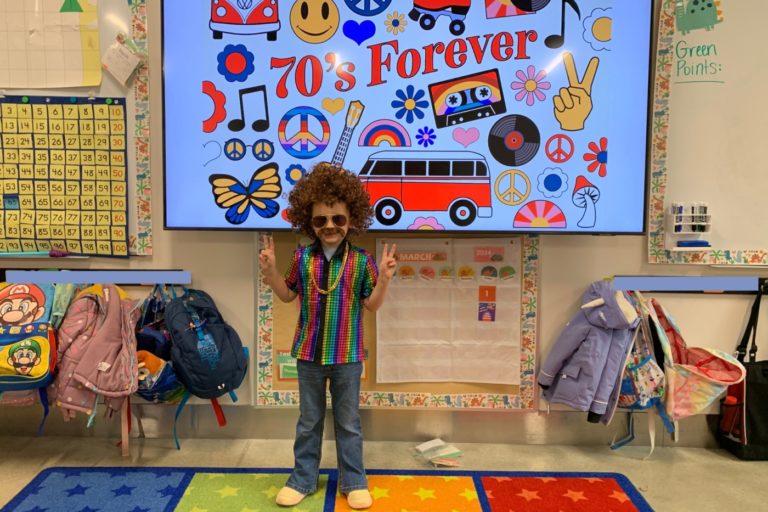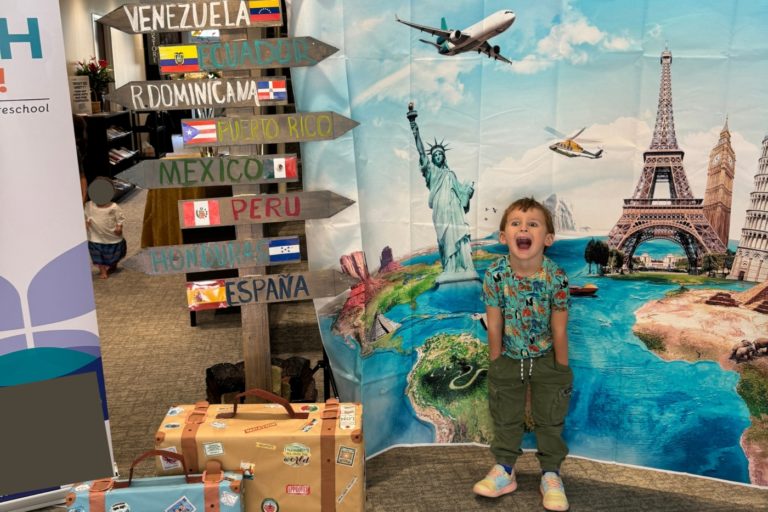Moving Abroad with Kids: What to Consider
Thinking of moving abroad with your family? Moving with kids can be stressful and there are plenty of things to consider.
Our family has moved a bunch of times – around the US, France, Italy, Poland, Mexico, and considered many other countries. Before kids, I’ve also lived in the UK, Netherlands, Argentina and South Africa.
Overall, you won’t regret allowing your kids and yourself to see the world and experience it.
Best Country to Raise a Family in the World?
What are the best countries to raise a family around the world? You can look at different statistics or claims, but the truth is that some places might seem great and work for some families, but not for others.
Countries that frequently rank at the top are Iceland, Netherlands, Denmark and Norway.
What makes these countries better than others? Factors that are taken into consideration as based on the global perspective of needs and include: safety, childcare, health, education, maternity leave and overall population happiness.
To put things into perspective, despite having an ability our family couldn’t make Scandinavia work, because of what might seem a trivial reason: the weather. The constant cold and darkness of the winter for us wasn’t working, despite the many advantages of living there.
I know various people who escaped from the Netherlands due to the weather as they weren’t happy, but also know others who aren’t bothered at all. It depends on the personal perspective. While the Dutch fog and rain didn’t bother us at all, we found other issues (schools to be precise) that we couldn’t overcome there.

What to Consider When Moving Abroad with Kids
The younger the kid, the easier the move is on them. They won’t really understand things completely until about 4 and will easily adapt. A 5 or 6 year old might get scared a bit, but the adjustments won’t be hard.
On the other hand, things get trickier in higher grades and especially teenage years when they want to spend time with friends.
First and foremost it’s important to adapt to a new country’s traditions and ways of raising kids. It’s normal for kids to walk to school on their own at the age of 6 in the Netherlands, but it’s not normal in the US. It’s fine to leave babies sleeping in strollers outside of restaurants in Scandinavia, but you might get arrested for doing so in the US. In Australia, you might get fined for using a stroller without a hand safety strap. Things can be very different across the world.
School Systems When Moving Abroad
Even with small kids, one needs to consider schooling. Where will they go to school? How and when to register for it? The age of compulsory education varies per country and so might the education system.
For example, most kids in the US start school by attending Kindergarten that’s located at the Elementary/Primary school. However, officially it’s not compulsory to attend school until 1st grade.
Things look quite differently in most countries of continental Europe where the Kindergarten grade is still at preschools and Primary school starts with 1st grade.
It gets even trickier when it comes to grades, because in the US or UK school age is assessed by the cut-out date, usually September 1st or August 31st, but in some countries, kids are placed by the year of their birth.
For instance, if you have a child born in November, they might not meet the cut-out in the US, but they might be put a year ahead abroad.
Lots of good schools are difficult to find and waiting lists can be very long, so you might need to consider this.

Language Knowledge
Language can initially be a barrier, but don’t worry – kids adapt quickly. Many expats opt to send kids to an international school where kids can learn in English.
However, costs aside, you need to keep in mind that sending kids to a local school might help them integrate. They might do just fine at the international school, but won’t be able to play at a local soccer team without knowing the target language.
It will be hard at first, but many places offer resources for newcomers. Some countries even have special schools for newcomers where kids learn the language before joining their peers from their grade level at a regular school.
Affordability
One thing that many families can get caught off-guard is underestimating the costs of living vs the salary. For example, it might seem like a huge raise if you’re moving from 40k salary in France to 100k salary in the US. But, it’s safe to say that the quality of life won’t improve at all, it might even decline.

General Differences
You’ll also need to stay up-to-date with your child’s immunizations while you’re abroad. Most countries naturally require immunizations, but even if you have your records they might vary.
Countries have their vaccination schedules, so your child may receive their jabs at a different age than they would if they were at home. For example, the meningitis vaccine isn’t given to kids in the US until early teens, while in Europe it’s given at 2-4 years.
TB vaccine is still very much given in Europe at birth, while the US doesn’t do it at all.
The benefits of exposing the kids to a new culture can be enormous, even though the kids might be stressed about new things at times. We try to get the kids excited about each new place by talking about all the great things about it, how we will get to see new amazing things, meet new people, and get a “new home”.








